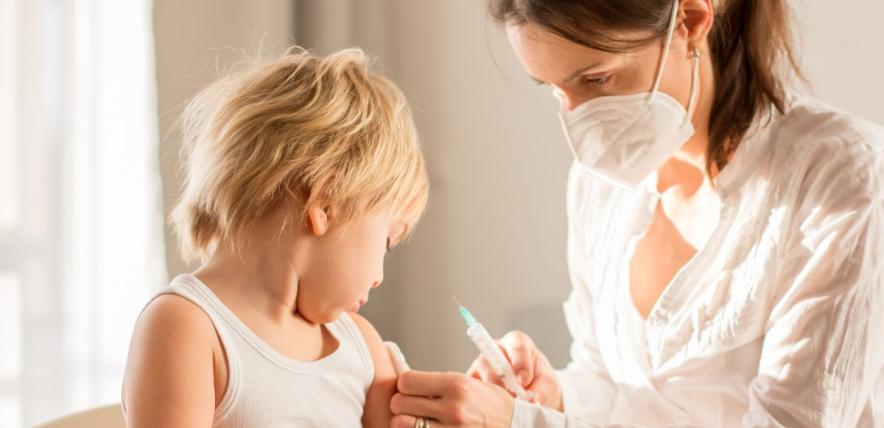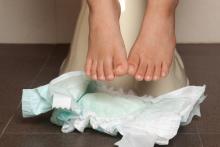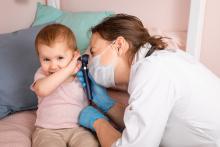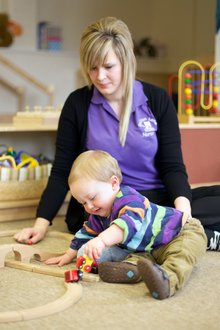Parents and carers urged to check children’s MMR vaccine records following rise in measles cases
UK Health Security Agency (UKHSA) is urging parents and carers of young children, teenagers, and adults to ensure that they are up to date with their measles, mumps, and rubella (MMR) vaccines to address the rising measles cases in the UK.
According to recent data published by the UKHSA, there has been a concerning increase in measles cases in the UK between January and April of this year. As of 20 April, there were 49 cases reported, compared to the 54 cases reported throughout the entire year of 2022. While the majority of cases have been concentrated in London, there have been reported cases across the country, some of which have been linked to travel abroad.
Measles is a highly infectious disease that can lead to severe health complications such as pneumonia, meningitis, and, in rare cases, long-term disability or death. Symptoms include a high fever, sore red watery eyes, and a blotchy red-brown rash, and it is particularly easy to catch in crowded environments.
Recent years have seen a decline in the number of children receiving the MMR vaccine, with only 89% of children in England receiving the first dose by the age of two, and 85% receiving both doses by the age of five. These rates are well below the World Health Organization's (WHO) recommended target of 95% for achieving and maintaining the elimination of measles.
Dr Vanessa Saliba, Consultant Epidemiologist at UKHSA, said: “We are calling on all parents and guardians to make sure their children are up to date with their 2 MMR doses. It’s never too late to catch up, and you can get the MMR vaccine for free on the NHS whatever your age. Vaccines are our best line of defence against diseases like measles, mumps and rubella and help stop outbreaks occurring in the community.”
What is measles?
Measles is an infection that spreads very easily. It can cause serious complications, such as pneumonia and meningitis, and in rare cases, can lead to long-term disability or death.
How can I protect my child from measles?
The best way to protect your child from measles is to ensure they receive the measles, mumps, and rubella (MMR) vaccine.
The MMR vaccine is a safe and effective way to protect against measles and other serious illnesses. The vaccine contains weakened versions of the viruses that cause measles, mumps, and rubella, which helps the body build immunity against these diseases.
In addition to ensuring your child receives the MMR vaccine, there are other steps you can take to protect them from measles. These include:
-
Encouraging good hygiene practices, such as washing hands frequently and covering their mouth and nose when coughing or sneezing.
-
Keeping your child away from others who are sick with measles or other contagious illnesses.
-
Keeping your child's immune system strong with a healthy diet and regular exercise.
I’m not sure if my child has had their MMR vaccines doses. How can I find out?
It's important to catch up on any missed vaccines. If your child has not received the MMR vaccine, or if you are unsure if they have received both doses, you should contact your GP practice to arrange for them to receive the vaccine. It is never too late to catch up on missed vaccinations, even if your child is older than the recommended age.
I’m worried about claims around the MMR vaccine. Are there risks to having it?
It is important to note that there is no scientific evidence to support claims that the MMR vaccine is linked to autism. The MMR vaccine has been extensively tested and has been proven to be safe and effective.
More information:
Health Protection Report volume 17 (2023)







